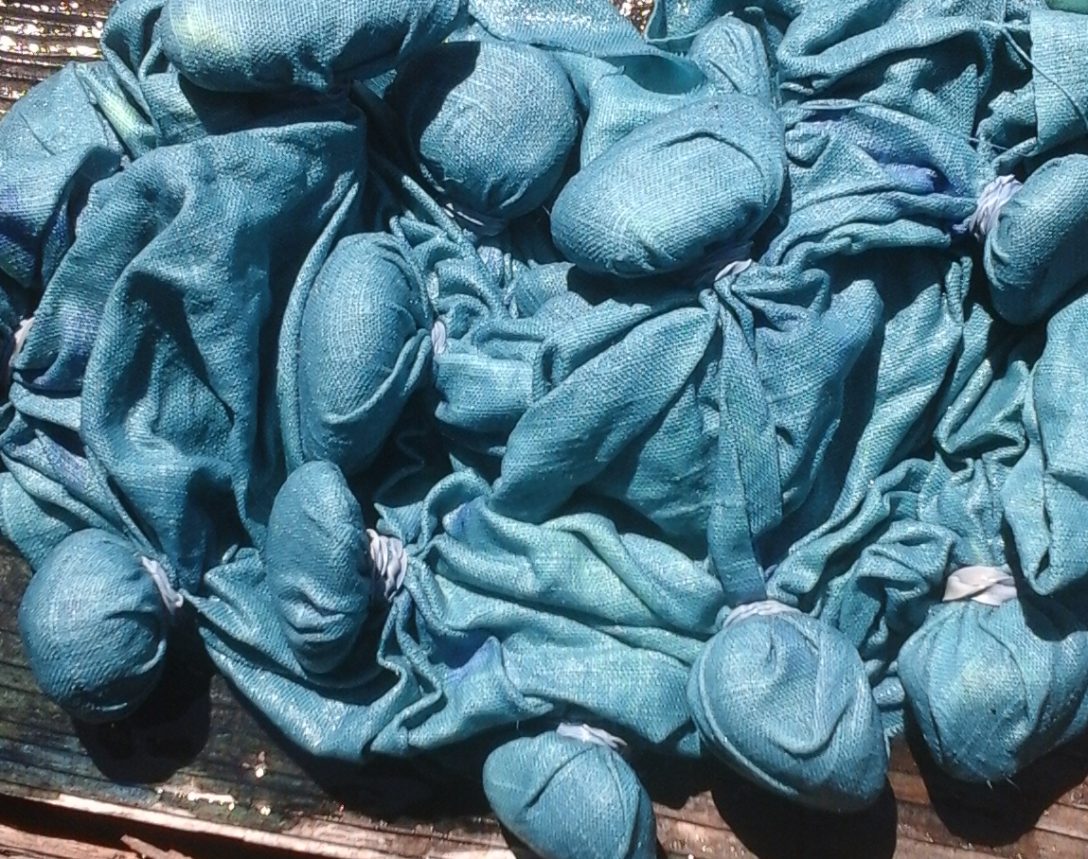
If you read this blog regularly, you know I am always thinking about time and memory. Memory and time. I think of them when I wake at night, trying to find words for ideas that come to me out of the darkness, like brief starlight. The two of them are entwined, each embracing and holding the other. When my children were born, I realized that childbirth was a threshold, a gate, looking ahead to time shaped by my relationship to them, looking back to what I remembered of my own childhood. When my grandchildren were born, it was the threshold again, doubled, because my parents were dead, and I carried the family memories as well as anticipation of the years ahead. The weeks go by, the years, and everything has happened, is happening, and the hinges of my thinking creak and turn. Again, again, again. Still, still, still. I am not putting this well. But yesterday, reading poems by Louise Glück in honour of her Nobel Prize for Literature, I kept returning to certain passages:
Fields. Smell of the tall grass, new cut.
As one expects of a lyric poet.
We look at the world once, in childhood.
The rest is memory.
(from “Nostos”)
She is such a worthy poet for this award. Steady, serious, intimate in the most generous way, so that as we read, we are welcomed into the experience.
More than anything in the world
I love these evenings when we’re together,
the quiet evenings in summer, the sky still light at this hour.So Penelope took the hand of Odysseus,
not to hold him back but to impress
this peace on his memory…
(from “Quiet Evening”)
It’s John and me reading the Odyssey together, it’s my children with their partners, it’s what I wish for my grandchildren, and what I hope my parents also knew as they sat by the window of their apartment in their final years, looking out at hummingbirds and deer browsing the soft grass. Poetry has the capacity to lead us through our lives, giving us courage to step over the thresholds, to push the creaky gate on the hinges that are our own bodies thinking, remembering, time accumulating in the fields where we smell the tall grass, the cut grass drying, and it is the grass of our childhoods, the grass where our own children played in the years we have gathered in our hands in such abundance to take home with us, enough for our grandchildren, and their children, and theirs. And at home? What’s waiting?
There was
a peach in a wicker basket.
There was a bowl of fruit.
Fifty years. Such a long walk
from the door to the table.
